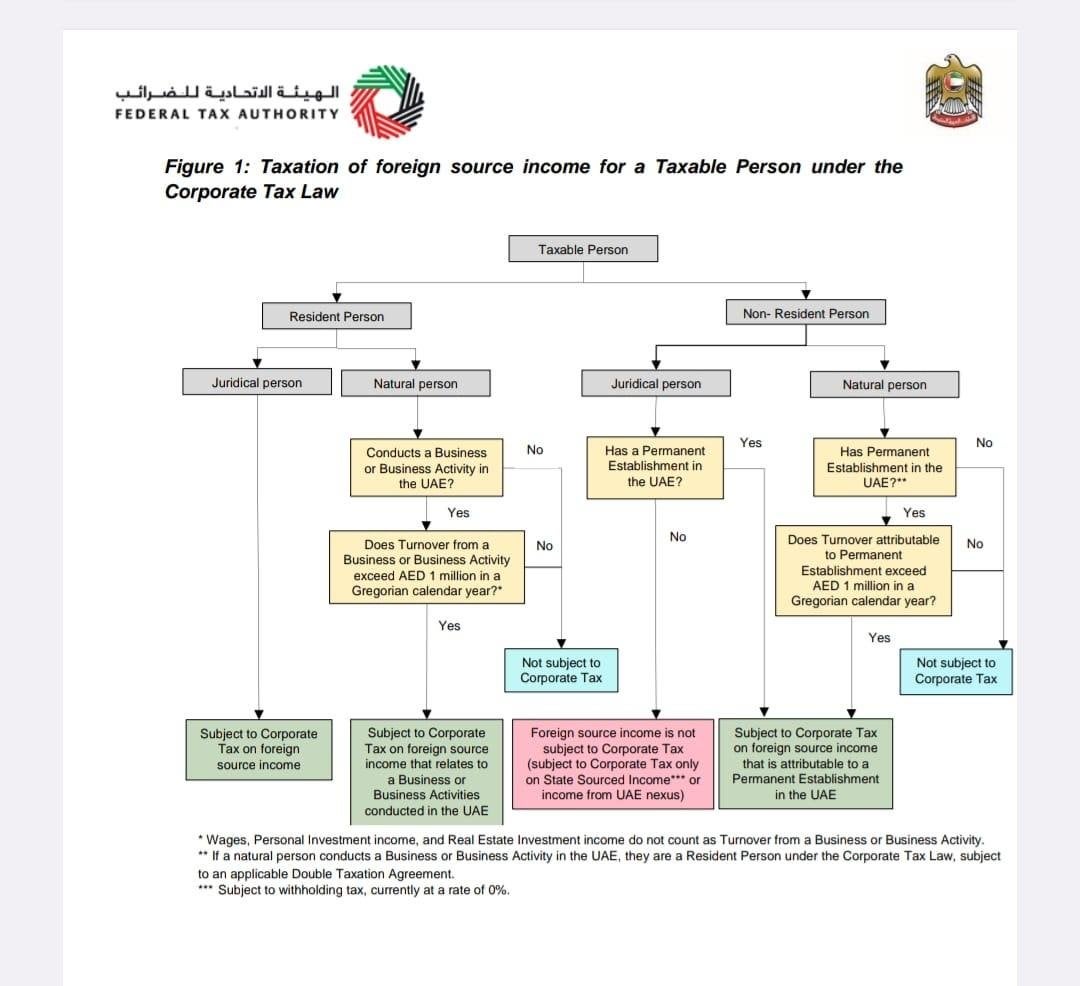The United Arab Emirates (UAE) is a popular destination for businesses. One key reason is its tax-friendly environment. In this article, we will explore the company tax in the UAE.

Credit: www.finanshels.com
Overview of UAE Tax System
The UAE offers a unique tax environment. It is one of the few countries with no federal income tax. This makes it attractive for companies around the world.
No Corporate Income Tax
In the UAE, most companies do not pay corporate income tax. This applies to businesses in various sectors. However, there are exceptions.
Exceptions To No Corporate Tax
Some sectors do have to pay taxes. These include oil, gas, and petrochemical companies. Foreign banks also need to pay taxes.
| Sector | Tax Rate |
|---|---|
| Oil and Gas Companies | Up to 55% |
| Foreign Banks | 20% |
Free Zones in the UAE
The UAE has many free zones. These zones offer extra benefits to businesses. One of these benefits is tax exemptions.
Tax Benefits In Free Zones
Companies in free zones enjoy 100% tax exemptions. This includes exemptions from corporate and personal income tax. These benefits last for up to 50 years.
Popular Free Zones
There are many free zones in the UAE. Some of the most popular ones include:
- Jebel Ali Free Zone (JAFZA)
- Dubai Multi Commodities Centre (DMCC)
- Abu Dhabi Global Market (ADGM)

Credit: www.linkedin.com
Value Added Tax (VAT)
The UAE introduced VAT in 2018. The VAT rate is 5%. This applies to most goods and services.
Vat Registration
Businesses with an annual turnover of AED 375,000 or more must register for VAT. They must also file regular VAT returns.
Exemptions And Zero-rated Supplies
Some goods and services are exempt from VAT. These include healthcare and education services. Other items are zero-rated, such as exports.
| Category | VAT Rate |
|---|---|
| Standard Rate | 5% |
| Exempt | 0% |
| Zero-Rated | 0% |
Excise Tax
The UAE also has an excise tax. This tax targets products harmful to health or the environment.
Products Subject To Excise Tax
The following products are subject to excise tax:
- Carbonated drinks
- Energy drinks
- Tobacco products
Excise Tax Rates
| Product | Tax Rate |
|---|---|
| Carbonated Drinks | 50% |
| Energy Drinks | 100% |
| Tobacco Products | 100% |
Other Taxes and Fees
In addition to VAT and excise tax, there are other fees. These include customs duties and municipal taxes.
Customs Duties
Customs duties apply to imported goods. The standard rate is 5%. However, some goods have higher rates.
Municipal Taxes
Businesses in the UAE also pay municipal taxes. These taxes vary by emirate. For example, in Dubai, businesses pay a 10% tax on hotel revenues.
Frequently Asked Questions
What Is The Corporate Tax Rate In Uae?
The corporate tax rate in the UAE is 9%.
Are There Any Tax Exemptions In Uae?
Yes, some free zones offer tax exemptions.
When Did Uae Introduce Corporate Tax?
UAE introduced corporate tax in June 2023.
Who Needs To Pay Company Tax In Uae?
Companies with annual profits over AED 375,000.
Conclusion
The UAE offers a favorable tax environment for businesses. Most companies do not pay corporate income tax. Free zones provide additional tax benefits. However, companies must comply with VAT, excise tax, and other fees.
Understanding the tax system is crucial for businesses in the UAE. This helps them take advantage of the benefits and avoid penalties.

Ahmed bin Rashid, a seasoned travel enthusiast and visa process expert and the successful Businessman in Dubai. With an LLB from the University of Bolton in 2015, he combines his legal knowledge with his passion for exploration, offering invaluable insights into Business formation and visa processes around the globe. Follow Ahmed’s captivating journeys and expert advice to embark on your unforgettable adventures & Business.

